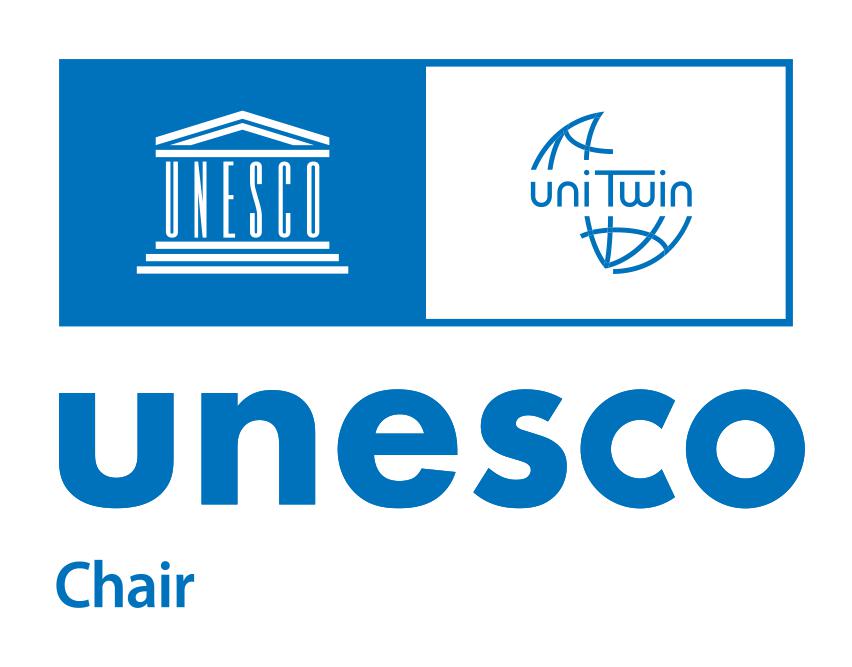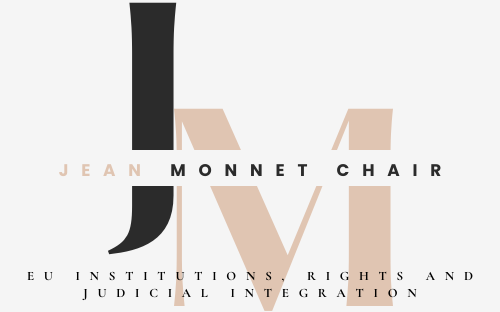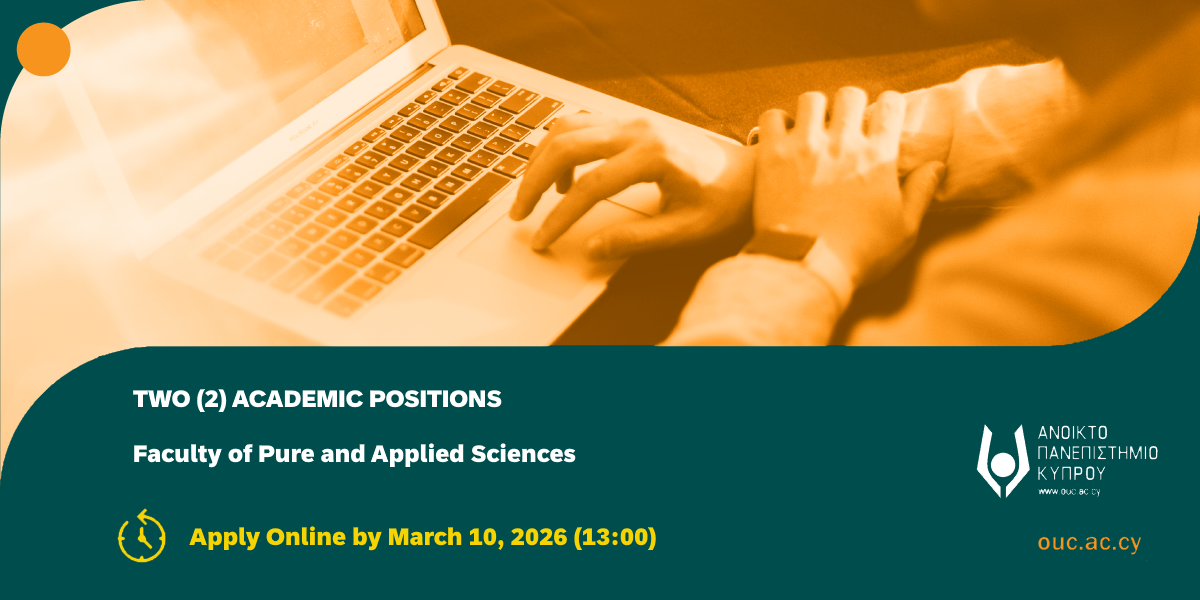The Open University of Cyprus was a member of the consortium that has implemented the project eSLP, funded under the Erasmus+ Programme (Key Action 3: Support for Policy Reform – Initiatives for Policy Innovation – “Forward Looking Cooperation Projects”). The Project, which has recently ended, was coordinated by the European Association of Distance Teaching Universities (EADTU).
The eSLP is a project concerning European Short Learning Programmes (SLPs) for continuous professional development and lifelong learning. SLPs are group of courses (units, modules or learning blocks) that are part of larger degrees and have a common subject focusing on specific needs in society.
Among the outcomes of the eSLP Project, are the following valuable sources of information for stakeholders (educational institutions, teachers, vocational training organisations, etc.) interested in designing and implementing SLPs:
- Recommendations concerning quality assurance of SLPs, also considering similarities and differences among the approaches to quality assurance within the partner institutions of the eSLP project.
- Recommendations concerning the recognition of SLPs in the European Qualification Framework (EQF), also in light of the similarities and differences of the approaches to recognition within and between partner countries and institutions.
- Recommendations regarding the recognition and incorporation of non-formal and informal learning in SLPs, also considering various approaches to these forms of learning within and between the partner countries and institutions of the Project.
- Design approaches, implementation and delivery of five (5) e-SLP pilots by project partners.
- Review and conceptualization of SLPs in higher education, with a description of the possibilities and challenges of developing SLPs in the European context.
- Guidelines to help the development of flexible SLPs.
- Report on good practices concerning SLPs in order to offer inspiration for the design of future SLPs.
More information concerning the E-SLP Project, and its consortium, which consists mainly of open and distance learning universities in Europe, can be found on its website: https://e-slp.eadtu.eu/
















![Call for applications for Adjunct Faculty (Tutors) for the academic years 2026-2027 [deadline 10/10/2025]](https://www.ouc.ac.cy/images/TutorsVacancies_deadline-OCT.10.10.2025_en.png?width=1200&height=600)













